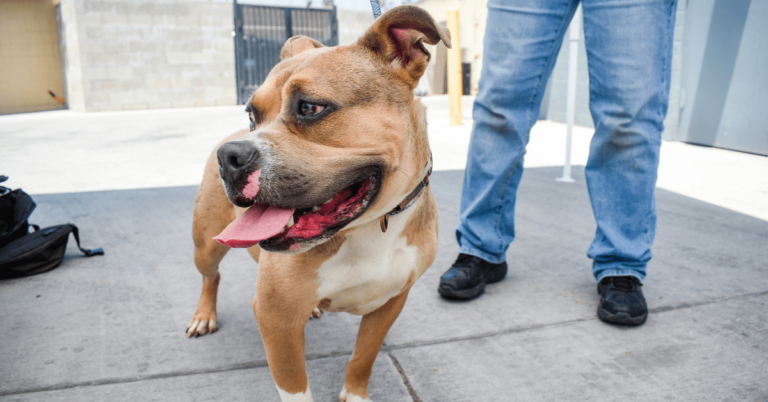5 Myths About Senior Pets – Destroyed!

Babies drool; seniors rule. Senior pets, that is. Personally, I love me some frosted snouts. There is just something heartwarming about seeing an older dog or cat with years of wisdom written into the sprinkling of white on snout or coat.
Why do senior pets rule over their younger counterparts? First let’s define what a senior actually is. For cats, senior status is reached between 8-10 years of age; for small dogs around 7, and for large dogs; 5. So we’re not talking ancient, just mature. And maturity is the thing. They have dignity. Decorum. They know who they are and how to act around other pets and people. They’re calm. They don’t pee in your house. They don’t eat your stuff. So while some people think adopting a senior pet invites trouble; I say they couldn’t be more wrong. Here are five common myths around adopting a senior pet, and why they’re a bunch of baloney.
1. If I adopt a senior pet, I’ll be inheriting someone else’s problem.
Maybe the owner died, or their house was foreclosed on (a huge contributing factor to shelter volume these days). Maybe the owner’s situation changed in some other way, like they had to move, fell ill, or lost their job. There are lots of reasons why people part ways with their pets. Many of them are sad, but few are because of the pet itself.
2. Senior pets will cost me a fortune in vet bills.
Not necessarily. Every pet is different. If the pet has received preventative care its whole life up to that point, it may be perfectly healthy. If you’re worried, get a health assessment from a veterinarian before you adopt – good advice no matter the age as puppies and kittens could have health problems just as easily as older dogs and cats. (And if you think puppies are less expensive, you must have a closet full of cheap shoes.)
3. Senior pets are not trainable.
The old adage, “you can’t teach an old dog new tricks” is not true at all. More mature pets may be even more willing to learn “new tricks.” They have more patience and focus. (It was much easier teaching my 8-year-old dog “sit” and “stay,” than it was training my puppy who just wanted to run around and chase her tail.) Pets can be trained at any age, and older pets also come with valuable problem-solving skills gained by experience.
4. Senior pets aren’t active or playful.
If they’re in good health, senior pets can remain active for years to come. It’s up to you to give them the opportunity to get the exercise they need and keep them engaged in play. The puppy I had ten years ago can still run and swim circles around me today, and my twelve-year-old dog is always up for a game of ball or tug-of-war.
5. I don’t want to have to say goodbye so soon.
In life, there are no guarantees. I have seen pets live to a ripe, geriatric age and pass of natural causes; and seen pets taken too soon by accident or disease. Anytime you have a relationship with a living thing you risk getting your heart broken. That’s just reality. What’s great about adopting a senior pet is that you know you are saving that pet’s life and ensuring them a happy second chapter.
The Michelson Found Animals Foundation’s mission of saving pets and enriching lives is made possible by the generous contributions of Dr. Gary Michelson and Alya Michelson.


